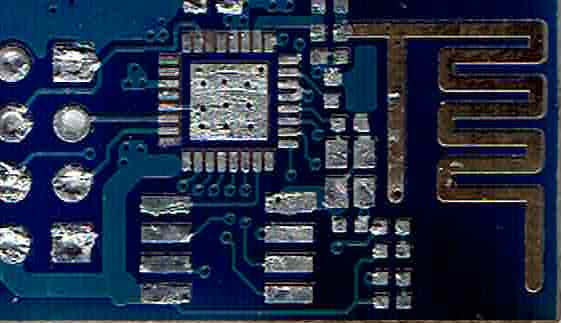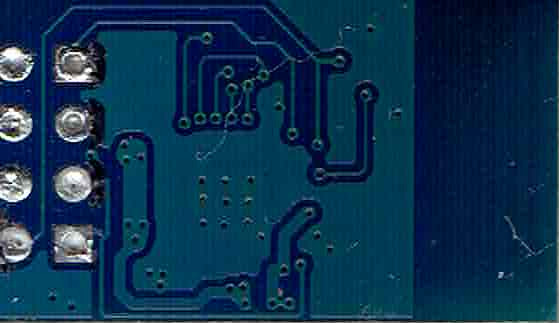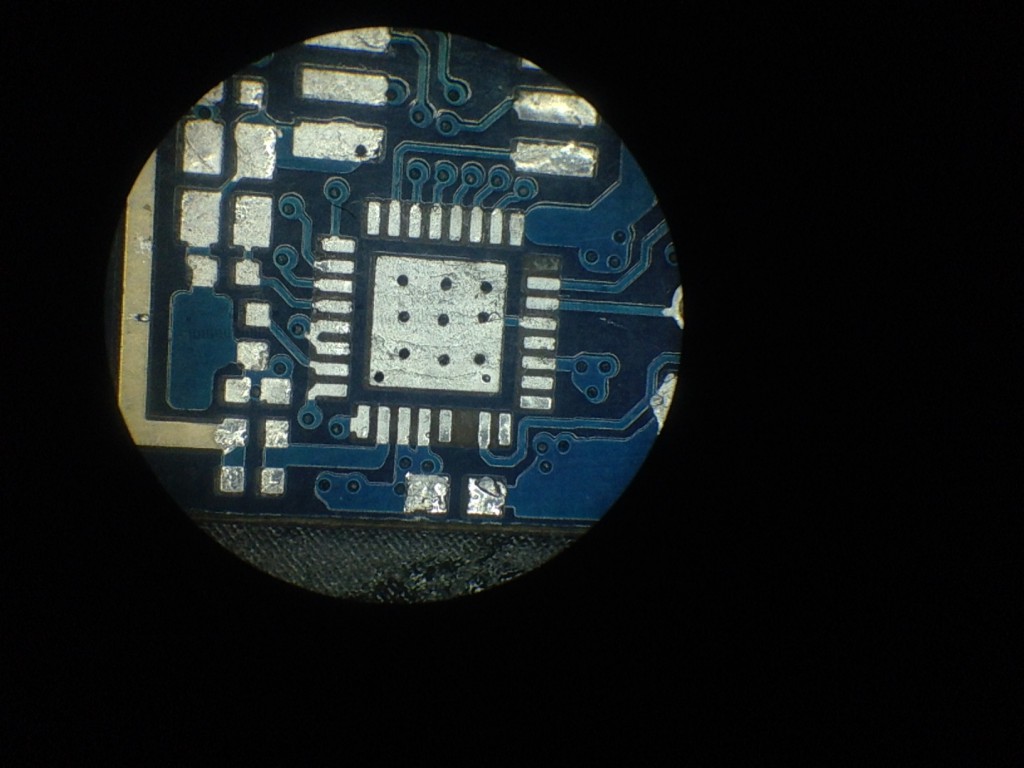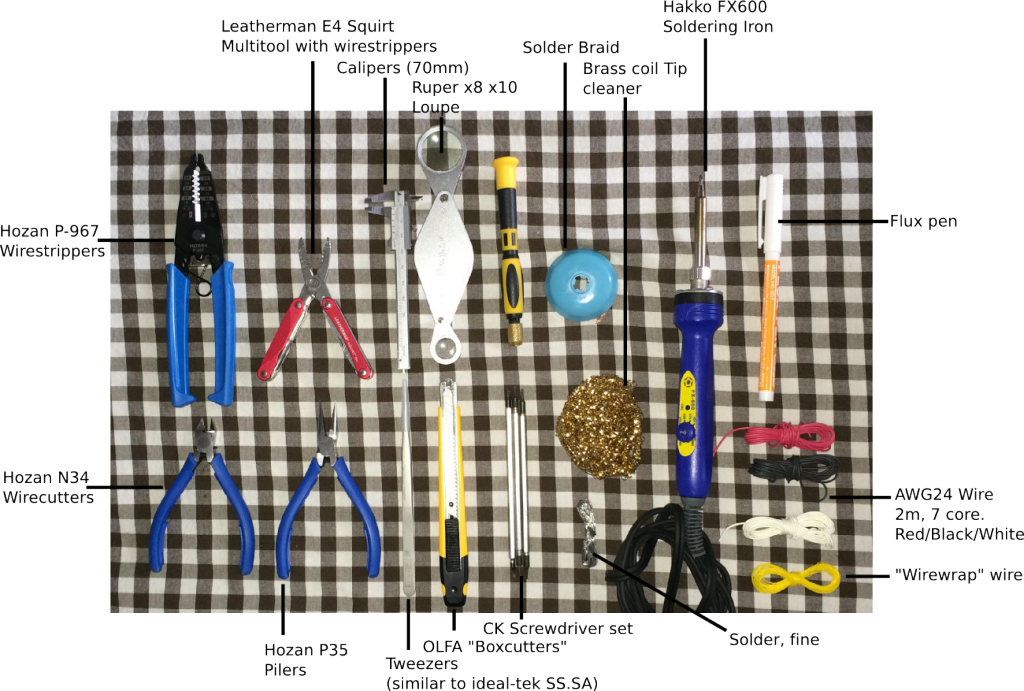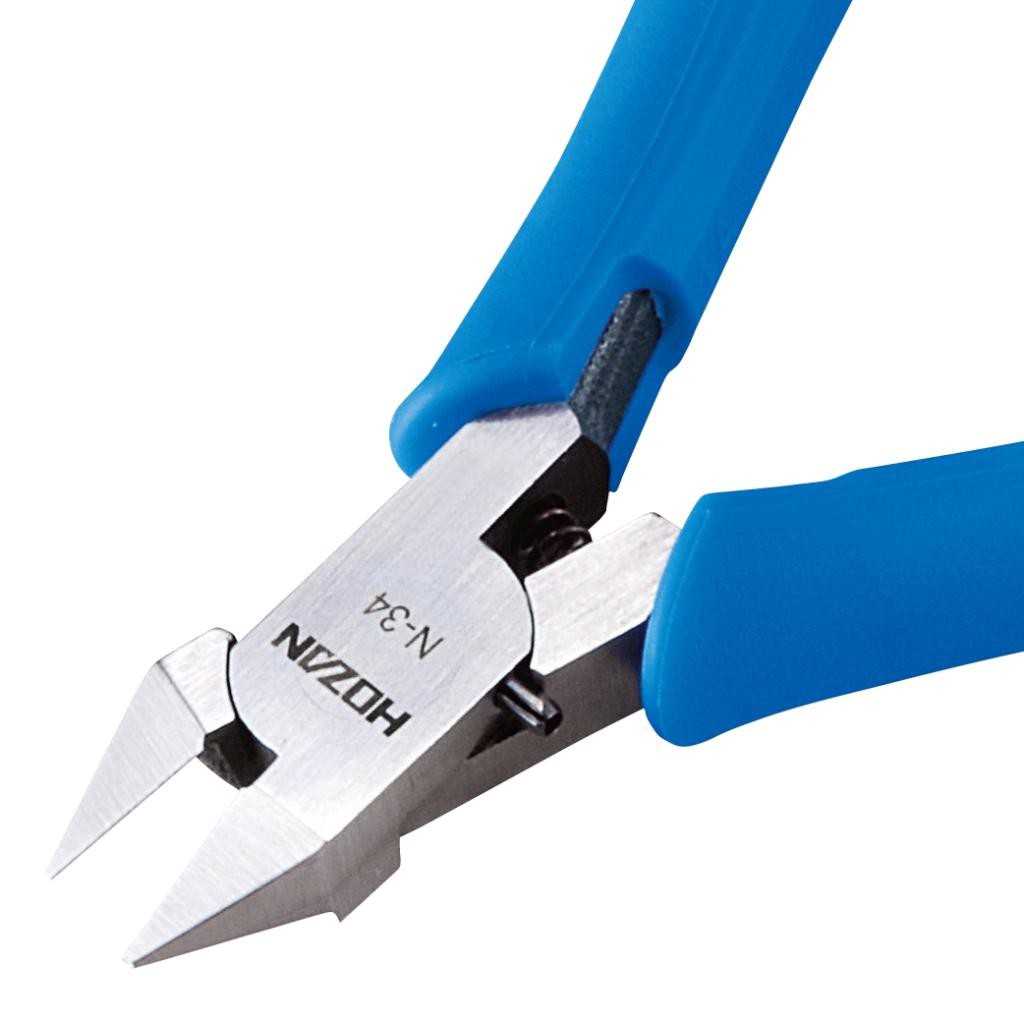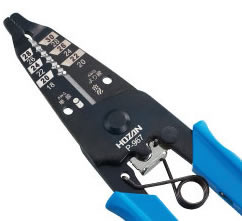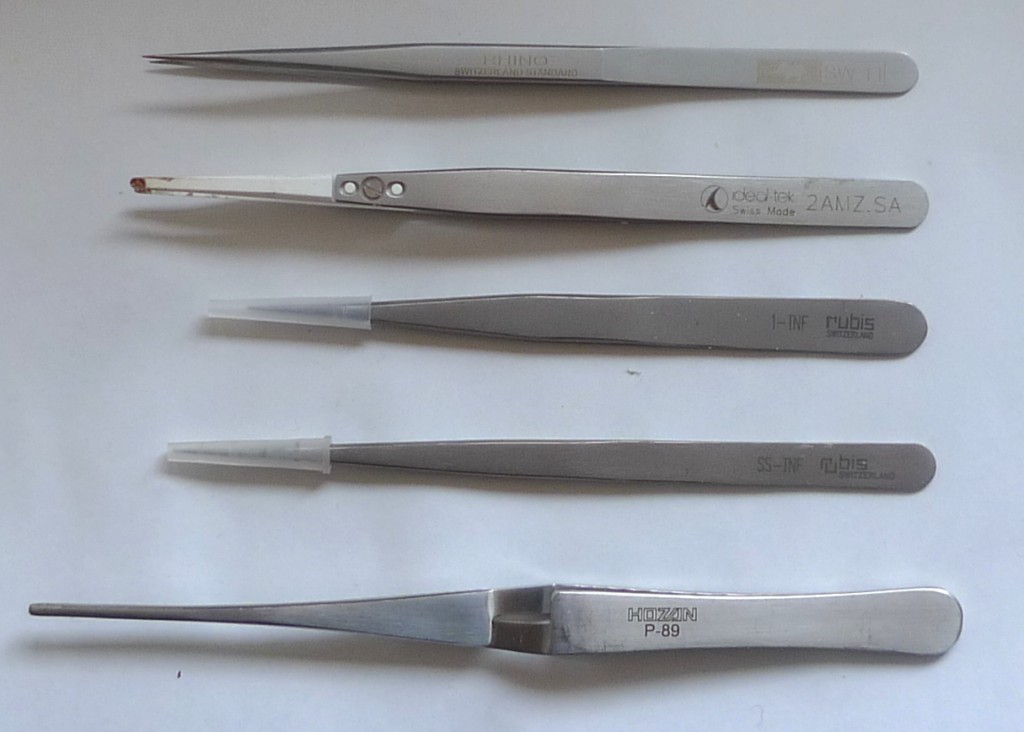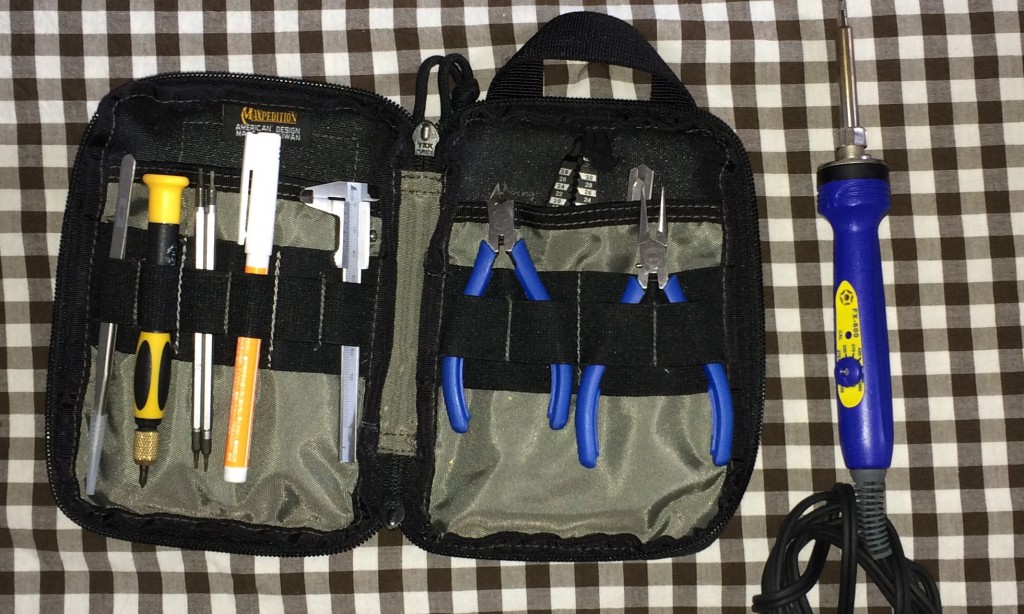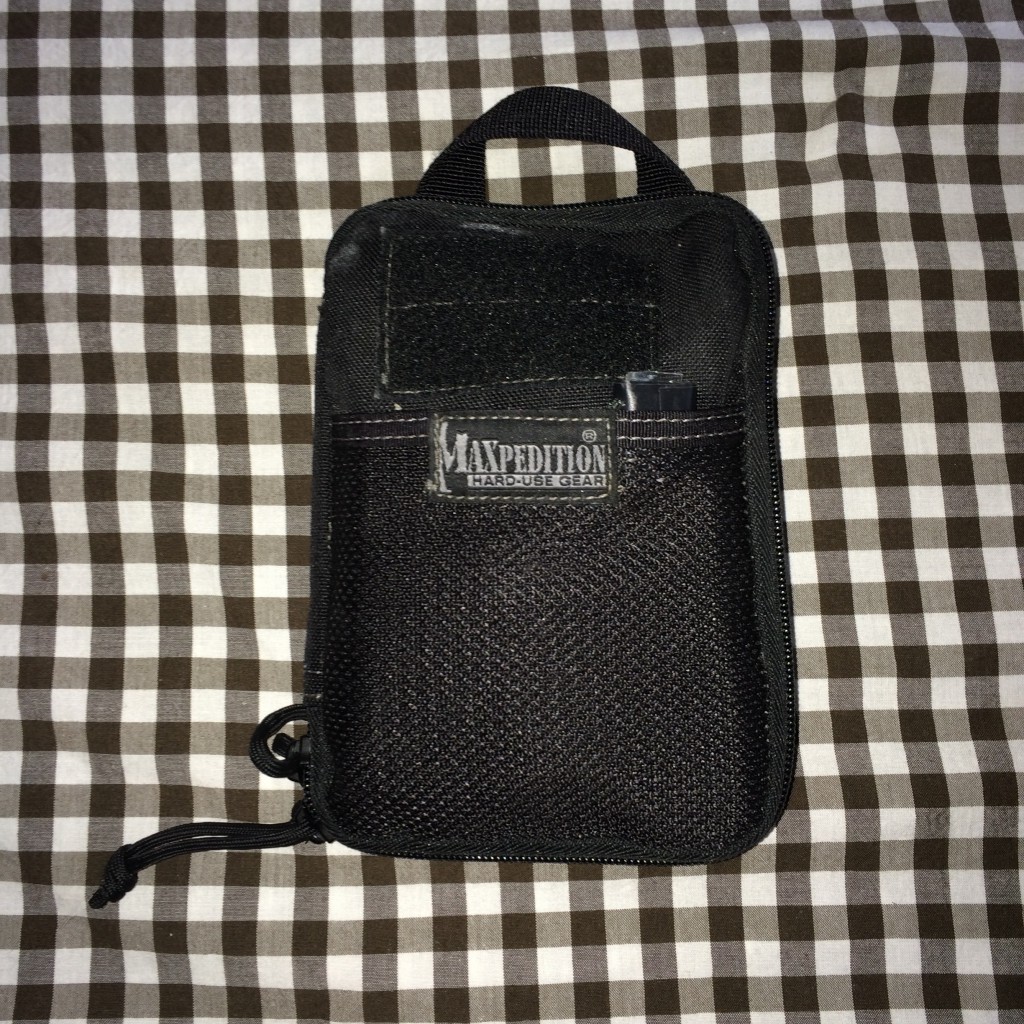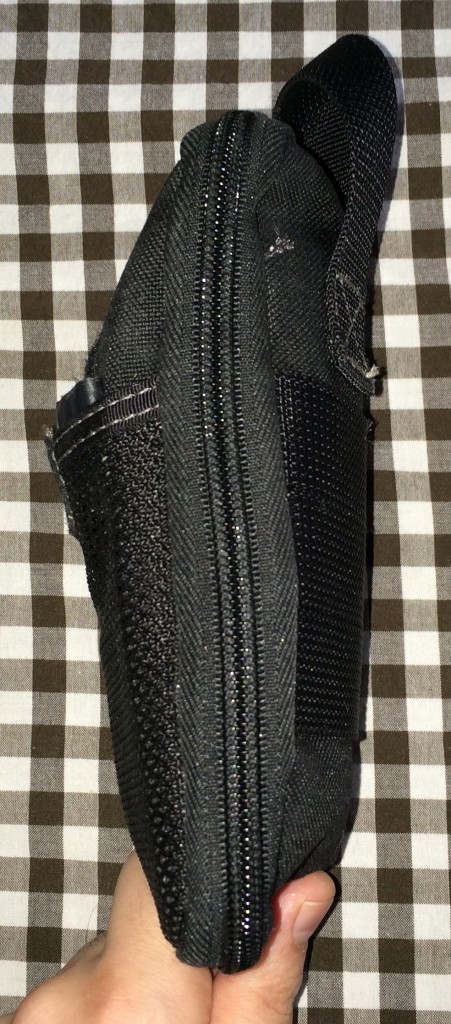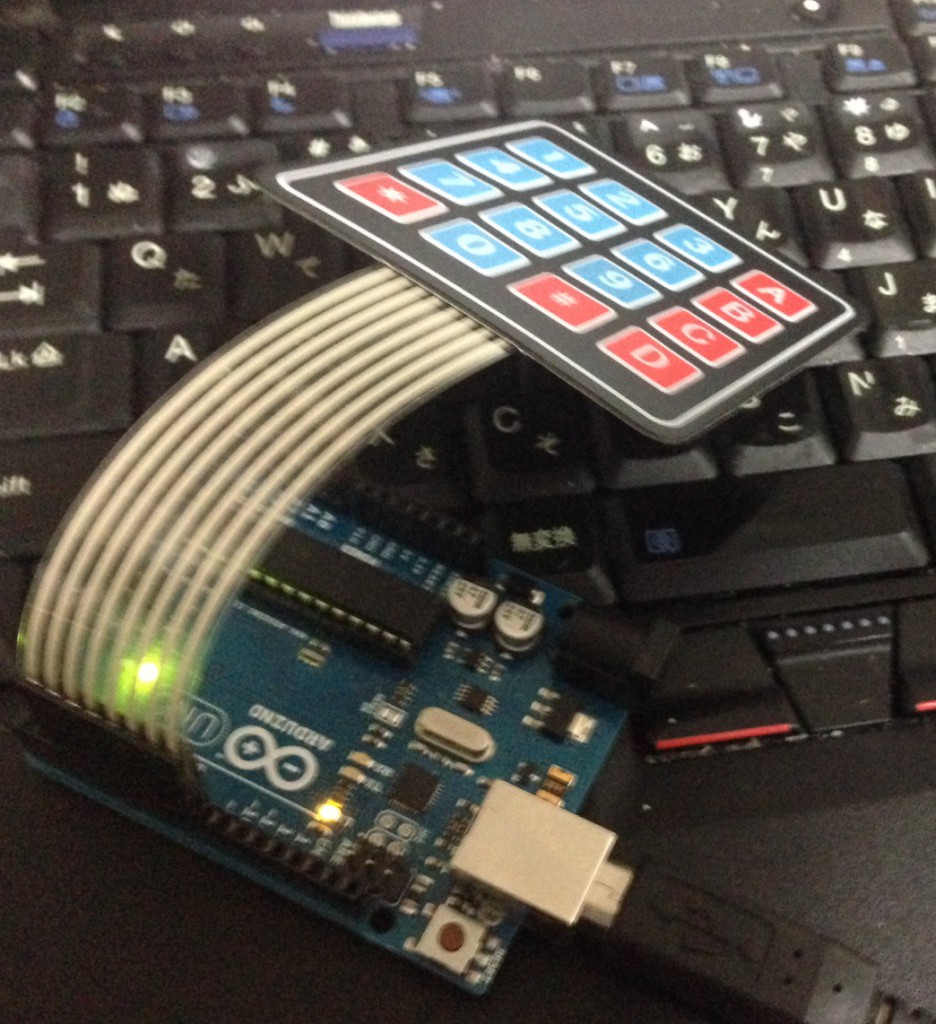I’m heading to Shenzhen and one of the things I want to take a look at is the ultra-cheap MCUs that are available in the Chinese ecosystem. Ultimately I’d like to see what the cheapest part available is, and how much a reel would cost. This post documents the parts I’ve seen on taobao. I was surprised not to see anything from General Plus as I’ve seen them crop up in designs before but perhaps they just don’t make it to taobao. If you have any recommendations let me know.
MDT10P53
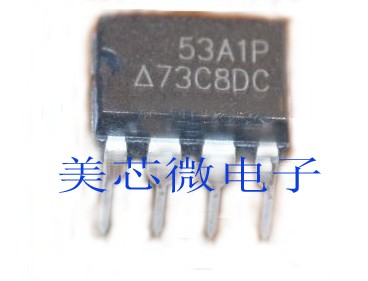
Chinese language datasheet: 48576_MDT10P53
4Mhz Internal RC osc. Up to 20Mhz external. 1K EPROM, 41 byte of SRAM. Doesn’t appear to have an ADC.
Listed as “fully compatible microcontroller PIC12F508/PIC12F509”. The datasheet contains the full instruction set which I’ve not checked is identical to a PIC12, they may only mean pinout/signal levels. Listed at 0.7CNY, which at the time of writing is 11 cents on taobao. Further searching shows some sellers down at 0.1CNY (1 cent!) no idea how reliable those guys are.
HT46R005
English datasheet: HT46R005
512bytes OTP program memory. 32bytes RAM. 3channel 12bit ADCs. Up to 16Mhz operation.
0.85CNY on taobao (13 cents).
HT48R005
Identical to the HT46 above (same datasheet), but lacks ADCs.
0.8CNY on taobao (12 cents).
These are OTP parts and the HT66F03 and HT68F03 appear to be their flash equivalents. Available for about 20 cents (further searching shows them down to about 0.5CNY, 8cents).
HT66F03 Datasheet: ht6xf0xv160
HT46R064B
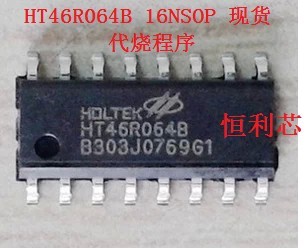
English language datasheet: ht46r06xbv110
Up to 12Mhz, 8 12bit ADCs. 64B has 1K flash, 64bytes of SRAM. Series has up to 4K flash, 128bytes of SRAM.
HT68F03C
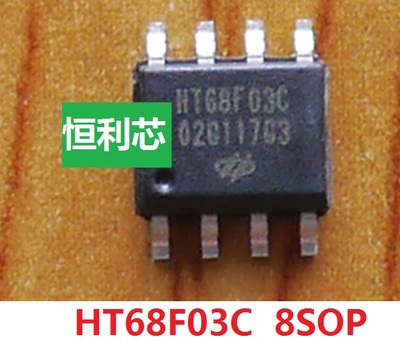
Chinese language datasheet: sim6xF0xC
ha0075sV110
4->20Mhz I think there’s an internal RC but it’s unclear. 1->2K of 14bit word (I guess code) flash. 64 to 96bytes of SRAM. Seen for 1.2CNY (about 20 cents) on taobao.
STC15L104E
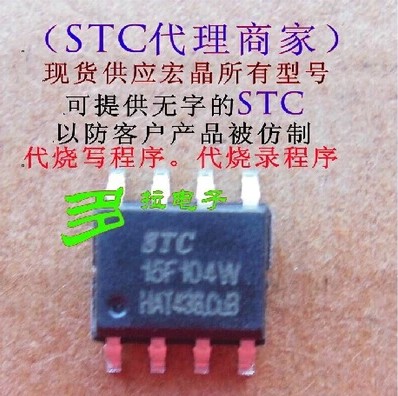
An 8051! Internal RC OSC. Rated upto 35Mhz (RC goes to 33), 128bytes RAM, upto 6K of flash. Doesn’t appear to have ADC, can’t locate a complete datasheet.
1.48CNY on taobao (24 cents). And here for 0.9CNY (14 cents).
HT66F017
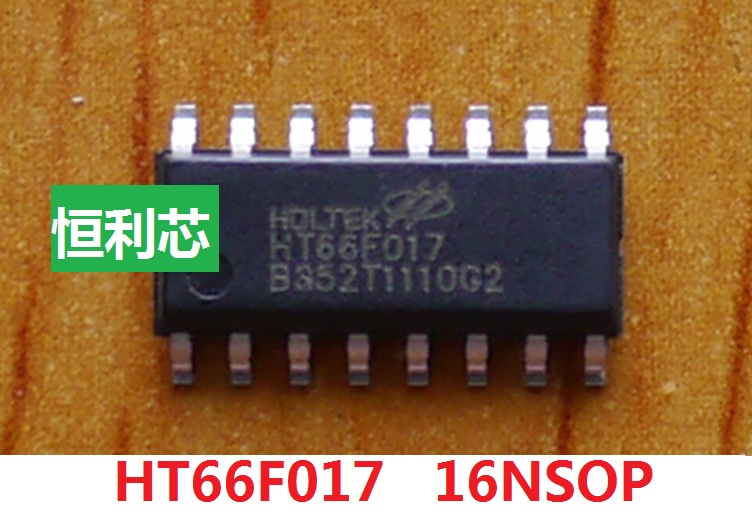
Available for 1.7CNY on tabobao (27 cents).
100+ page datasheet here: ht6xF016_017v120
PIC12F675
Possibly real PIC12s for 2.3CNY (about 36 cents) on taobao. 2K flash, 128bytes EEPROM, 64 bytes SRAM. 4Channel 10bit ADCs.
